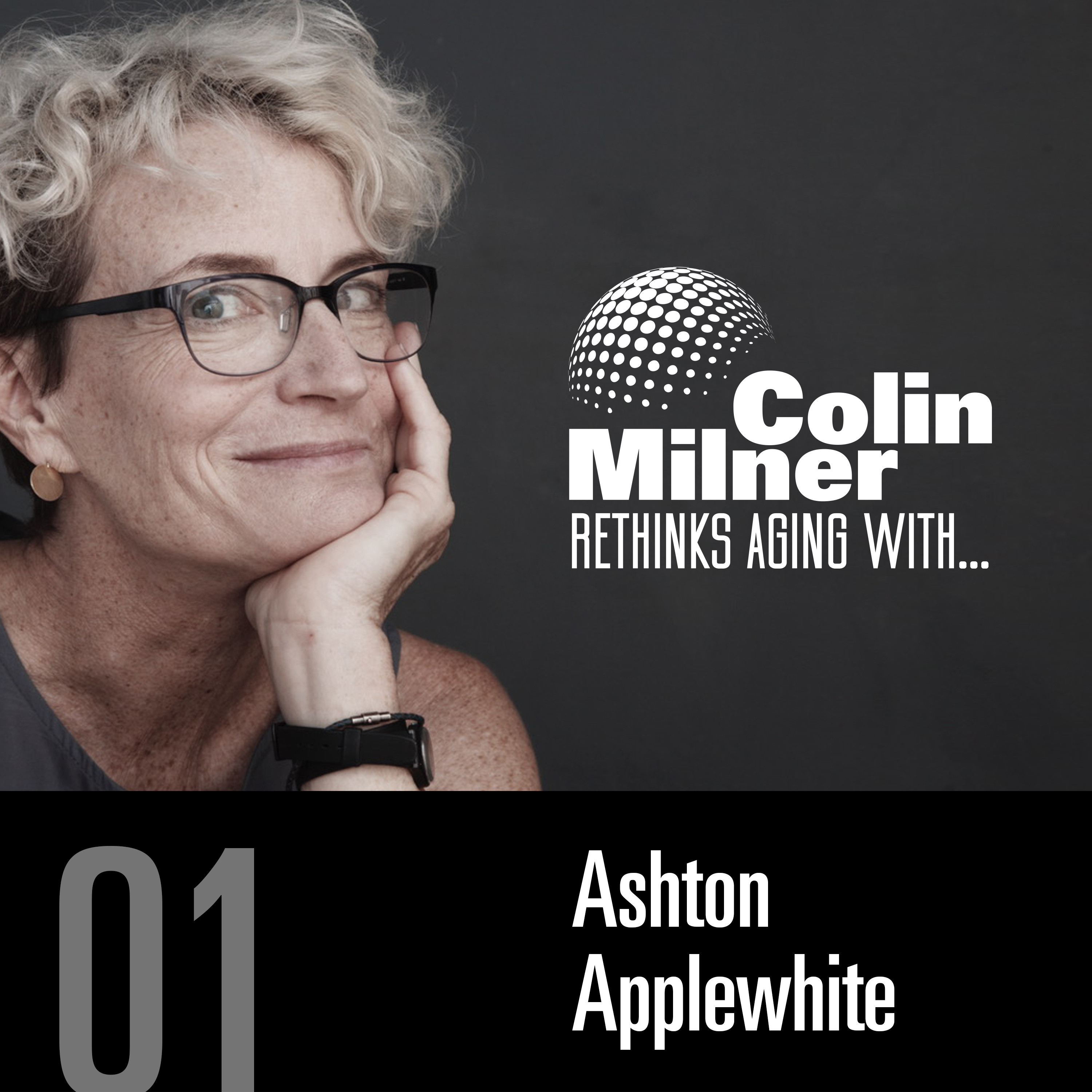
Key points from this episode:
Ageism is stereotyping and discrimination on the basis of a person’s age, although in a youth-obsessed culture, older adults bear the brunt of it. The term was first coined by Pulitzer prize-winning author, Dr. Robert Butler. Since his unfortunate passing, the fight against this damaging form of oppression has been taken up by Ashton Applewhite. When Ashton speaks on the subject of ageism, people listen — she is the author of This Chair Rocks: A Manifesto Against Ageism, and her TED talk, Let’s End Ageism, has over 1.6 million views. In today’s show, we discuss Ashton’s research, the myths about growing old that make older adults feel a sense of dread about it, and how to come together to challenge these narratives to build a society that values each individual equally. Ashton informs us that while getting older does come with a few downsides, many of the so-called facts about this process simply are not true. Rather these are forms of misinformation spread by the capitalist, patriarchal, sexist culture we live in that cast aging as a disease that can be cured rather than a beautiful, powerful, inevitable natural part of being human. We discuss some of the reasons why it is hard to rally as a unit to fight against ageism, as well as a host of positive circumstances about our present moment that make it much easier to bring up consciousness-raising conversations. Our exchange also explores the subject of ageism in relation to marketing, inclusivity, privilege, internalized inferiority, individualism, the fight against other forms of oppression, and so many more rich and complex intersections. Be sure to tune in today!
- How Ashton went from writing joke books to books on divorce and aging.
- Ashton’s discoveries about how cultural change happens made while writing Cutting Loose.
- How the research method employed while writing Cutting Loose led to a similar one that informed This Chair Rocks.
- The disconnect between beliefs and facts about marriage and aging that interested Ashton and fueled her books.
- How society frames marriage and aging in ways that negatively affect women and older adults.
- Different forms of ageism and the idea that each person who ages has a different experience.
- Where we are in the fight against ageism; how it’s getting easier to discuss prejudices.
- Themes of inclusion and exclusion in the fight against inequality.
- The idea that most marketing dollars get spent on people below 50 while those older than 50 hold 70% of disposable income.
- Marketing to older folk; how it perpetuates ageism and could change to everybody’s benefit.
- Challenges to building a unified movement against ageism, and reasons to be hopeful.
- Why marketers lack the ability to make culture more equitable.
To learn more about the Colin Milner Rethinks Aging With…podcasts visit www.rethinkaging.com

